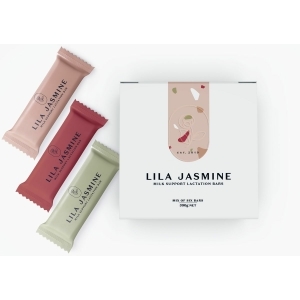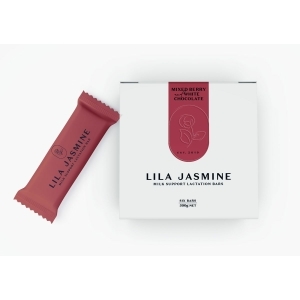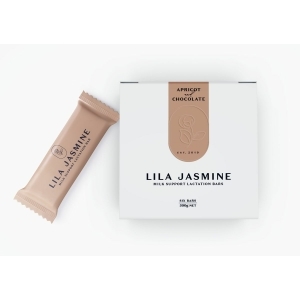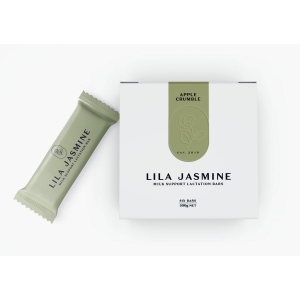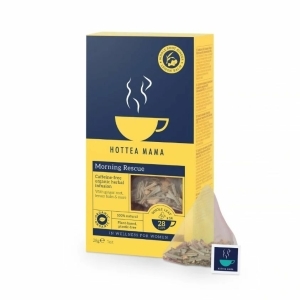You don’t need to follow a ‘perfect’ diet to successfully breastfeed. What you eat is more important for supporting your own energy levels and overall health than for directly impacting your breastmilk supply or quality.
Even in places where food availability is limited, many mothers are still able to breastfeed effectively, and their babies grow well. However, there are some key nutrients—such as iodine and vitamin B12—that may be affected if your intake is particularly low.
Breastfeeding increases your body’s nutritional requirements, but your body also becomes more efficient at absorbing and using nutrients during this time. You may also find your appetite increases.
– Focus on whole foods: fruits, vegetables, protein (eggs, legumes, lean meats), whole grains, and healthy fats.
– Include calcium, iron, iodine, vitamin D, and B12 – key nutrients for breastfeeding.
– Frequent small meals and snacks can help sustain energy.
Cravings and appetite shifts are normal – don’t restrict, but aim to nourish.
In New Zealand, the nutrients that most commonly fall short for breastfeeding mums include iodine, iron, and calcium. It’s worth checking with your GP or a registered dietitian to ensure you’re getting enough. In the case of iodine, supplementation is often recommended, as it can be hard to reach the higher requirements through diet alone.
Producing breastmilk also increases your need for fluids, so it’s normal to feel thirstier than usual while breastfeeding. There’s no fixed amount you need to drink—it will vary depending on your activity level, the weather, and what you eat. The best approach is to listen to your body and drink when you’re thirsty—don’t ignore those signals just because you’re busy.
A helpful habit is to keep a glass of water or a full water bottle nearby whenever you breastfeed. Bringing a water bottle when you’re out makes it easier to stay hydrated on the go.
Baby On The Move also has a range of lactation bars and caffeine free teas that support milk production:
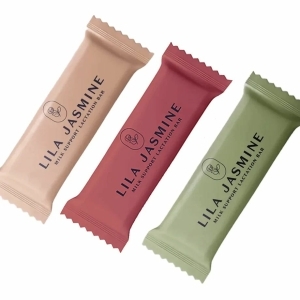 Select options This product has multiple variants. The options may be chosen on the product page
Select options This product has multiple variants. The options may be chosen on the product page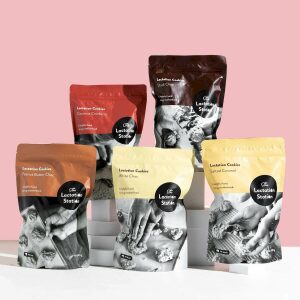 Select options This product has multiple variants. The options may be chosen on the product page
Select options This product has multiple variants. The options may be chosen on the product page
Caffeine & Breastfeeding
– Safe intake: Up to 300 mg/day (about 2-3 coffees or 4-5 cups of tea).
– Caffeine peaks in breastmilk ~1-2 hrs after drinking and clears gradually.
– Babies <6 months may be more sensitive (e.g. jittery, wakeful).
– No need to fully avoid caffeine – monitor your baby’s reactions.
Tip: If baby is unsettled, try reducing caffeine or timing it right after a feed.
Alcohol and Breastfeeding
- Drinking alcohol in small amounts—around 1 to 2 standard drinks—is generally considered low-risk while breastfeeding.
- Alcohol levels in breastmilk peak about 30 to 60 minutes after drinking and closely reflects your blood alcohol level.
- To minimise your baby’s exposure, it’s recommended to wait at least 2 hours after consuming alcohol before breastfeeding.
- Excessive alcohol intake can interfere with your milk let-down reflex and may reduce the amount of milk available.
- The biggest concern with alcohol is its impact on your ability to safely care for or sleep near your baby.
What About Pumping?
There’s no need to express and discard your milk after drinking (often called “pump and dump”) unless you’re feeling uncomfortable or engorged.




